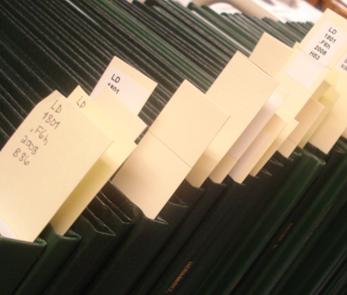
USF St. Petersburg campus Master's Theses (Graduate)
First Advisor
Major Professors: Christopher F. Meindl, Ph.D.
Second Advisor
Ryan P. Moyer, Ph.D.
Third Advisor
Kara R. Radabaugh, Ph.D.
Fourth Advisor
James E. Ivey, Ph.D.
Publisher
University of South Florida St. Petersburg
Document Type
Thesis
Publication Date
2018
Date Issued
June 29, 2018
Abstract
Coastal wetlands are one of the world's most productive and valuable ecosystems. Mangrove forests, salt marshes, and salt barrens are the dominant coastal wetlands in the Tampa Bay estuary. These "blue carbon" sinks absorb carbon dioxide and store organic carbon (OC) in their vegetation and underlying sediments, allowing them to partially mitigate climate change. However, the global areal extent of these ecosystems has declined by 25-50%, so restoring critical coastal wetland habitats has become imperative. Created coastal wetlands in the Tampa Bay area are first planted with salt marsh vegetation, but often transition into mangrove forests, a process known as mangrove encroachment. This study investigated the rates of mangrove encroachment and hypothesized that middle-aged (6- to 13-year-old) restoration sites would experience the fastest rate of mangrove encroachment. The rate of encroachment was determined through remote imagery, while biomass calculations via allometry, point-center-quarter (PCQ) analysis, and percent cover estimations provided supplemental ground-truthing. The average encroachment rate among all sites was 0.62 m y·', but no difference was found between the encroachment rate at old (14- to 27-year-old) and middle-aged restoration sites, and no trees were observed at young sites ( < 5 years old). The second aim of this study was to calculate a total carbon stock for each site. It was hypothesized that old restoration sites would store the most OC. This hypothesis was investigated by calculating carbon stocks with the use of allometric calculations, PCQ analysis, and soil
Creative Commons License

This work is licensed under a Creative Commons Attribution-Noncommercial-No Derivative Works 4.0 License.
Recommended Citation
Dontis, Emma E., "Mangrove Encroachment into Ecologically Restored Salt Marshes: Quantifying Vegetative and Soil Carbon in Tampa Bay, Florida" (2018). USF St. Petersburg campus Master's Theses (Graduate).
https://digitalcommons.usf.edu/masterstheses/161


Comments
A thesis submitted in partial fulfillment of the requirements for the degree of Master of Science Department of Environmental Science and Policy College of Arts and Sciences University of South Florida St. Petersburg